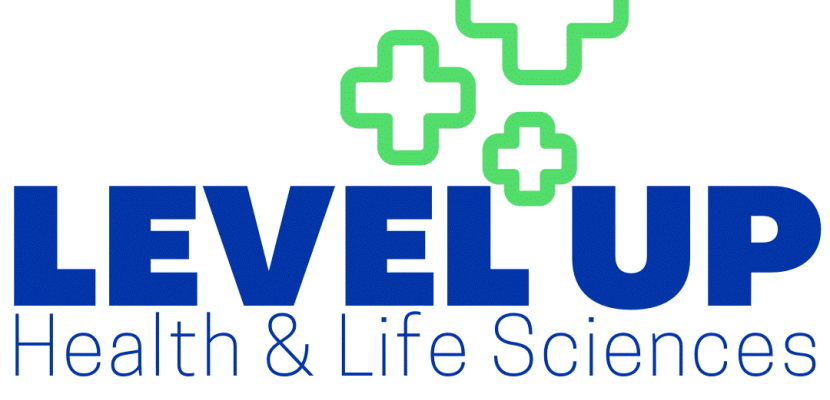
LevelUP Health & Life Sciences Accelerator

About this good practice
This tailored program run by INNO Department from North-West RDA, aims to equip health and life-sciences start-ups with the necessary tools for success. It consists of up to 10 practical bi-monthly modules, where teams are receiving support from experts on topics such as customer discovery and understanding, solution development and validation, fundraising, marketing and sales, pitching. After each theoretical lesson, teams present their progress to a panel of experts and mentors who provide feedback and suggestions for improvement.
Specific tasks are assigned to help the start-ups further validate their solutions, acquire customers and build partnerships. After a mid-term review, the best startup teams remain in the program. Following the completion of all modules, a Demo Day is held, where teams present their progress to healthcare experts, receive valuable feedback and connect with potential investors for funding opportunities. Start-ups continue to benefit from ongoing opportunities, including matchmaking, financing information and access to support programs to advance their solutions.
The primary beneficiaries of this program are health and life-sciences start-ups in North West Romania, facing challenges such as regulatory issues, life cycles and validation needs, helping them innovate, grow, and thrive. Their success will also positively impact various stakeholders, including innovation enablers, investors, academia, healthcare professionals, and the public.
Expert opinion
LevelUP Accelerator is a programme designed to equip health and life sciences startups with the knowledge, mentorship and resources needed to navigate industry-specific challenges such as regulatory barriers, validation requirements and long development cycles. This initiative offers valuable learning insights for policymakers, emphasising the importance of understanding local challenges when designing accelerator programmes. Tailoring support to sector-specific needs–in this case, health and life sciences–ensures that startups receive targeted assistance, improving their chances of success and broader industry impact. LevelUP’s structured format, combining expert mentorship with real-world validation tasks, makes it a transferable model for other regions seeking to foster high-impact startups. However, its resource-intensive nature requires strong stakeholder collaboration and sustainable funding mechanisms. LevelUP provides a replicable framework for accelerating growth in critical sectors and improving healthcare outcomes for citizens by addressing regional needs.
Resources needed
For the first 2023 edition, the total budget was 100.000 EUR- half from NW RDA funds and half from an EIT Health project implemented.
2024 edition runs from NW RDA funds.
Team of 4 management and trainees. Team of 30 contracted mentors.
Evidence of success
24 startup teams trained for business and scaling perspectives.
Impact: From the 1st batch, quarter of the start-ups grow, 2 launched new products, 2 gain European funding.
Investors access better opportunities, academia fosters entrepreneurial talent and the innovation ecosystem strengthens via collaborative approach.
Collaboration between innovation, academia, investors and healthcare by combining their expertise, benefiting the entire health ecosystem while improving healthcare for citizens.
Potential for learning or transfer
LevelUP Accelerator provides key insights for regions looking to support health and life sciences startups. Its tailored approach, structured curriculum and expert mentorship offer a strong foundation for replication, but must be adapted to fit local contexts and regulations.
Key success factors include specialized guidance, hands-on tasks that promote real-world progress, and Demo Day events that connect startups with potential investors and partners. Factors that can hamper transfer include the program's resource-intensive nature and its focus on regional specific needs.
To ensure successful replication, regions must assess their local challenges and opportunities and adapt accordingly. The structured format with bi-monthly modules and practical validation tasks is crucial to startup development. The program's sustainability is enhanced by its collaborative framework, adopted by various stakeholders, inspiring future innovators in health and life sciences.

